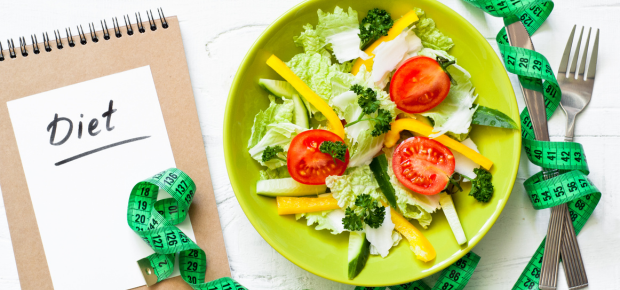
Adopting a plant-based lifestyle is more popular than ever in Australia — and for good reason. It's linked to a lower risk of chronic disease, improved gut health, and a lighter environmental footprint. But despite growing awareness, many myths still prevent people from giving it a go.
If you're curious about reducing animal products or switching to a plant-based diet full-time, it's important to understand the facts. Let’s take a look at three common misconceptions — and the truth behind them.
Myth #1: I won’t get enough protein
This is the top concern for most people exploring plant-based eating — but the good news is, there are plenty of protein-rich options that don’t involve meat or dairy.
Great plant-based sources of protein include:
-
Lentils, chickpeas, black beans
-
Tofu, tempeh, edamame
-
Quinoa, brown rice, buckwheat
-
Nuts, seeds, and nut butters
-
Plant-based protein powders (e.g. pea, rice, soy)
Most adults need around 0.8g–1g of protein per kg of body weight per day. With a bit of planning, plant-based diets can easily meet or exceed this requirement.
Protein is essential for muscle maintenance, hormone production, and immune function — and you can absolutely get enough from whole plant foods.
Next time someone asks how you get your protein, you’ll have a long list of answers ready.
Myth #2: A plant-based diet doesn’t provide enough vitamins and minerals
It’s true that certain nutrients — like vitamin B12, iron, and vitamin D — can be trickier to obtain from a completely plant-based diet. But this doesn’t mean it’s unsafe or incomplete.
What a well-planned plant-based diet can provide:
-
Iron from spinach, lentils, tofu, pumpkin seeds, and quinoa
-
Calcium from fortified plant milks, tahini, almonds, and broccoli
-
Omega-3s from chia seeds, flaxseeds, hemp seeds, and walnuts
-
Zinc from whole grains, legumes, and sunflower seeds
Nutrients that may require supplementation:
-
Vitamin B12 is crucial for nerve and brain health
-
Vitamin D supports bones and immunity (especially in winter or low-sunlight regions)
-
Iodine supports thyroid health; can be sourced from iodised salt or seaweed
For personalised guidance, speak to a qualified dietitian or GP.
Being informed means you can thrive on a plant-based diet, not just survive.
Myth #3: It’s boring and restrictive
Many assume a plant-based diet is just salads and steamed veggies — but that couldn’t be further from the truth. In reality, plant-based cuisine can be colourful, creative, and full of flavour.
Ways to keep your meals exciting:
-
Try global cuisines like Thai, Indian, Middle Eastern, and Mexican
-
Use herbs, spices, and homemade sauces to build flavour
-
Experiment with new ingredients like jackfruit, nutritional yeast, or tempeh
-
Invest in tools like a blender, spiraliser, or air fryer to vary your cooking
-
Follow plant-based recipe blogs or apps for inspiration
And the best part? More cafes and restaurants across Australia are now offering innovative vegan and vegetarian options — from dairy-free cheese boards to plant-based burgers and desserts.
The more you explore, the more you’ll discover how satisfying and diverse plant-based eating can be.
If you're starting a plant-based journey, it also helps to know which veggies pack the biggest nutritional punch — explore our guide on the top vegetables to eat for everyday health support.
Conclusion
Choosing to explore a plant-based diet doesn’t mean sacrificing nutrition or enjoyment — it simply requires a little curiosity and a willingness to learn. With so many wholefoods available and plant-based options expanding across Australia, it’s now easier than ever to meet your health needs while eating in a way that aligns with your values.
By understanding and challenging common myths, you can make informed choices that benefit your body, the planet, and even your budget. Whether you're making small changes or transitioning fully, a well-planned plant-based lifestyle can be both nourishing and rewarding.









